Christogenea Internet Radio
Live programs every Friday night at 8:PM Eastern. Click here for the recording archives or click the icon for the player at left for the programs. Hear Christian Identity explained from Scripture like you have never heard it before!
Christogenea has it's own streaming radio servers for our live programs, and archives 24/7 when we are not live. Click HERE listen to our streams.
There is a CHAT ROOM for visitors for the live programs, or any other time.
Program cycles run in 12-hour loops except for Fridays and Saturdays, when they run in 10-hour loops. Short presentations or music interludes fill in the schedule periodically.
To listen in a player such as VLC, or in your web browser, use these links: Stream 1, Stream 2, Stream 3, Stream 4
Use these links to see our public stream pages: Stream 1, Stream 2, Stream 3, Stream 4
Christogenea streaming internet radio schedule:
| Day of Week | Stream 1 | Stream 2 | Stream 3 | Stream 4 |
| Monday | The Revelation of Yahshua Christ, Parts 1 through 6, Diverse Seed Defiles Families | White Nationalist Cognitive Dissonance, God Hates Fags | Identifying the Tree of the Knowledge of Good and Evil, Against Charles Weisman Parts 1 through 6 | Wisdom of Solomon, parts 1 through 8, Christianity Discriminates. |
| Tuesday | The Revelation of Yahshua Christ, Parts 7 through 12, God Supremacy | Comparet: It is Enough to be an Israelite, Globalism is Judaism, Covenant with Death, Sea and the Waves Roaring; Bible Blunders | Against Charles Weisman Parts 7 through 12 | Wisdom of Solomon, parts 9 through 16, Globalism is Judaism. |
| Wednesday | The Revelation of Yahshua Christ, Parts 12 through 18, The Day the Word Became Flesh | Identifying the Beast of the Field, Parts 1 through 7 | Against Charles Weisman Parts 13 through 18 | Wisdom of Solomon, parts 17 through 24, The “Little Horn” of Daniel chapter 7. |
| Thursday | The Revelation of Yahshua Christ, Parts 19 through 24, Noah's Flood Not Worldwide | Updated Christian Nationalist Remix | Against Charles Weisman Parts 19 through 24 | Wisdom of Solomon, parts 24 through 30, Who is Your God? Who is Your Savior? |
| Friday 10 hour schedule |
The Revelation of Yahshua Christ, Parts 25 through 28, Jews or Nazis | Christianity in the Old Testament | The Arab Question, Parts 1 through 6 | Bible Basics, Parts 1 through 6 |
| Friday Evenings |
Christogenea Internet Radio, 8:10 PM Eastern time. New programming with William Finck. See the Event Calendar. | |||
| Saturday 10 hour schedule |
Epistles of John, Parts 1 through 6 | Ecclesiastes parts 1 through 8 complete | Adamic Eternity, Malachi Parts 1 through 5, Obadiah | Bible Basics, Parts 7 through 11 |
| Saturday Evenings | Christogenea Saturdays, 8:10 PM Eastern time. New programming with William Finck or guests. See the Event Calendar. | |||
| Sunday | Epistles of John, Parts 7 through 13, God Supremacy, Not White Supremacy | Updated Christian Nationalist Remix (same as Thursday) | The Song of Songs, Parts 1 through 5 (every 6 hours) | Christianity in the Old Testament, Christian Identity, What Difference Does it Make? |
NOTE: I try to schedule as closely as possible 12 hours of programming, and play it twice a day. Some days, however, there will be one podcast which only plays once, in the middle of the day. This is the case with the current Stream 4 schedule for Mondays and Tuesdays. Intermittent music and short presentations help to fill out the 10 or 12 hours.
Christogenea Mein Kampf Project streams:

Select podcasts related to the National Socialist struggle against the forces of darkness are now being broadcast on two of our Internet radio streams. Click HERE to listen!



 A Critical Review of Bertrand Comparet’s Christianity Discriminates and We Face the Future
A Critical Review of Bertrand Comparet’s Christianity Discriminates and We Face the Future
 This evening, as we travel to Tallahassee to participate in some activities with the League of the South later this weekend, we are going to present two short sermons from Bertrand Comparet, entitled
This evening, as we travel to Tallahassee to participate in some activities with the League of the South later this weekend, we are going to present two short sermons from Bertrand Comparet, entitled 

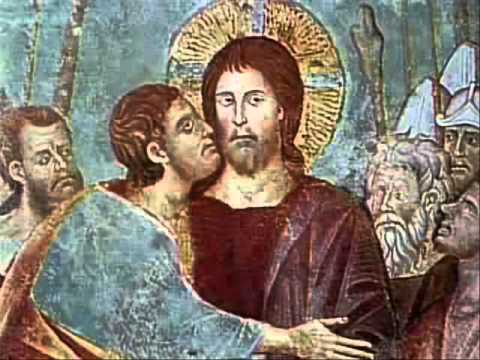
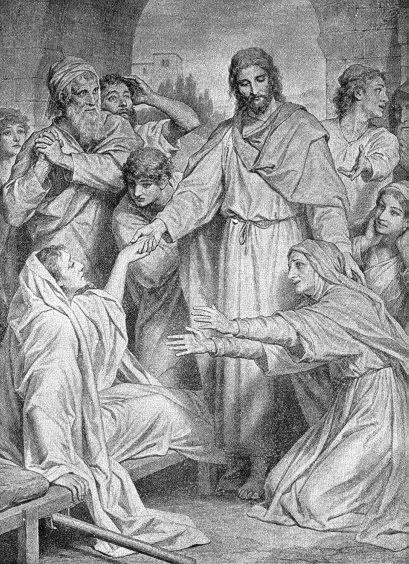

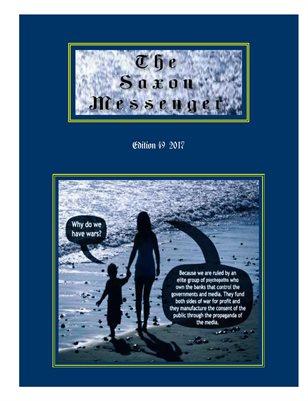


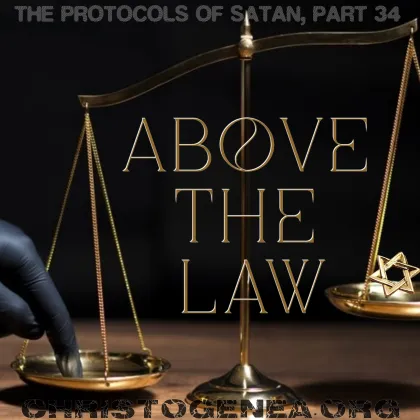
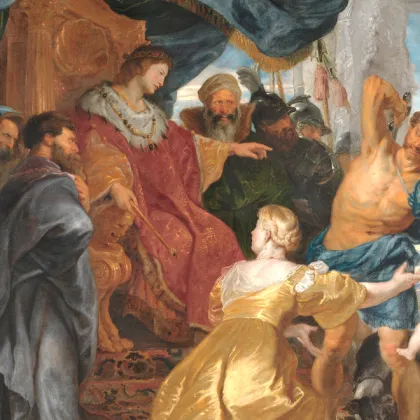

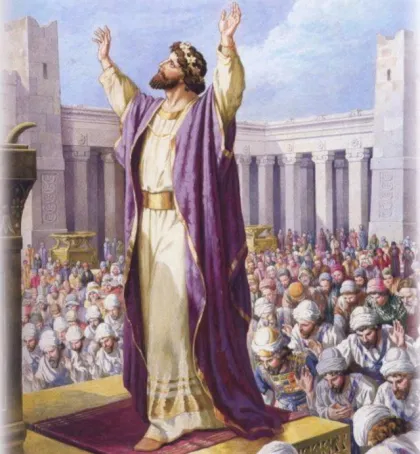




 Please click here for our mailing list sign-up page.
Please click here for our mailing list sign-up page.







Recent comments